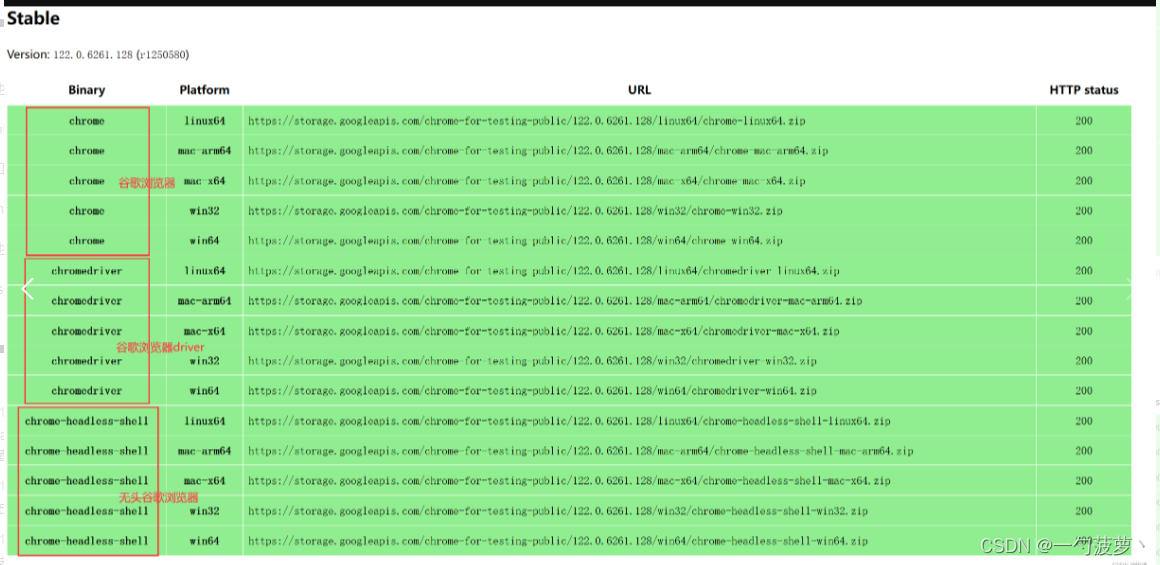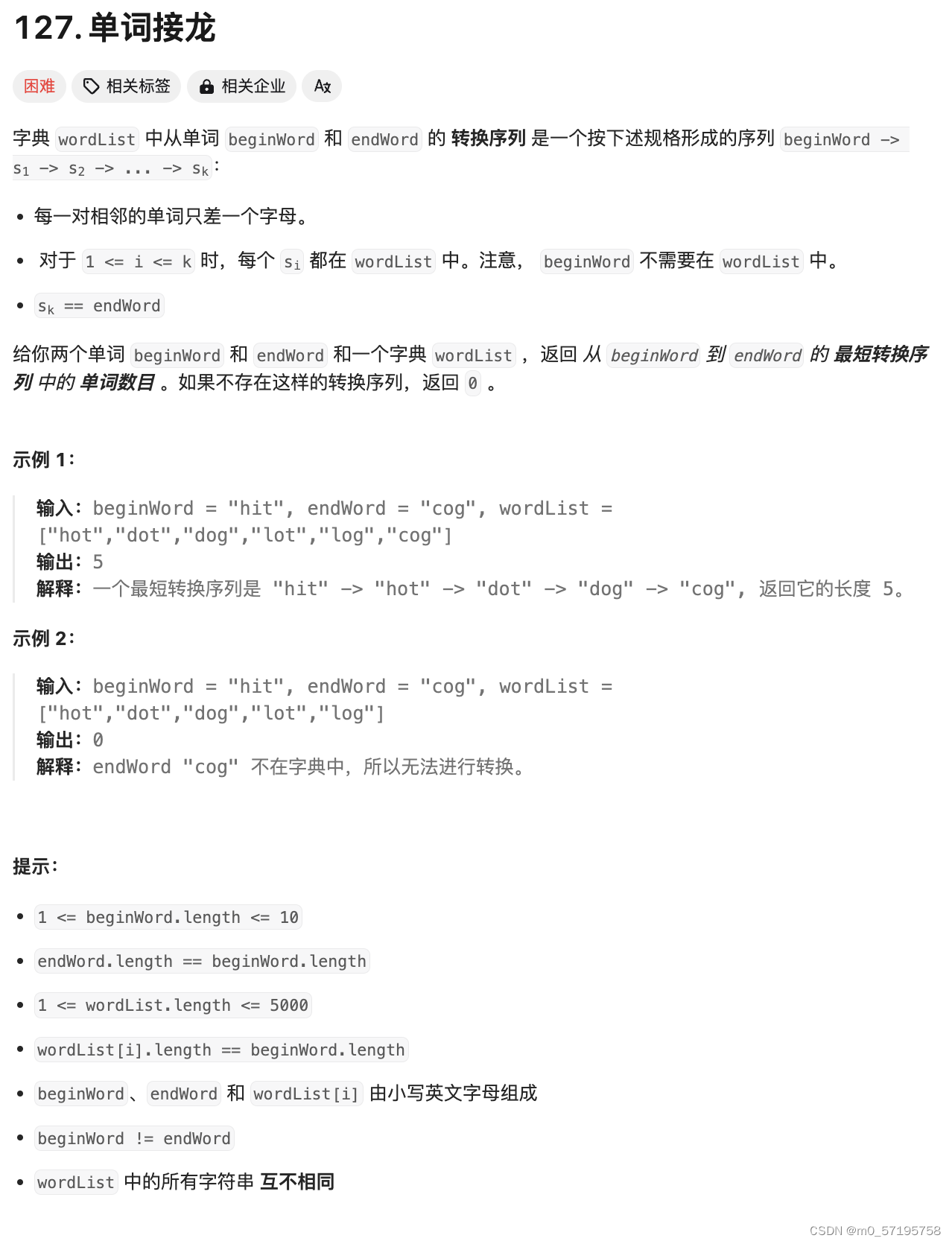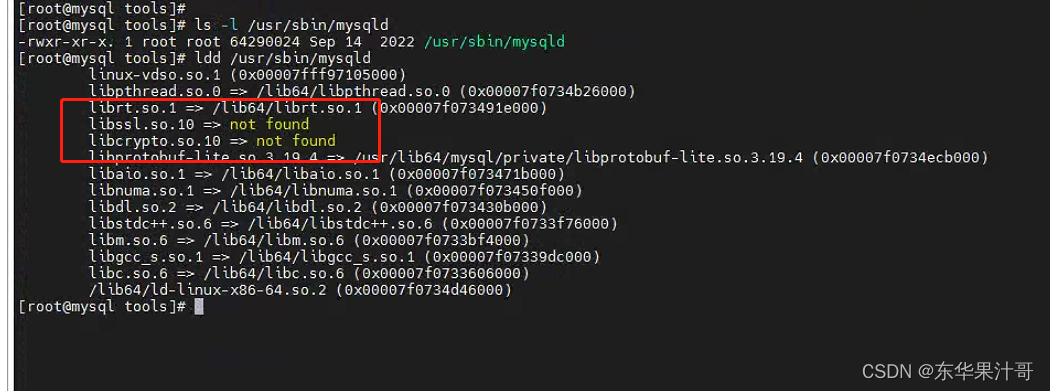127专题
数学建模学习(127):基于Python的模糊最佳-最差法(Fuzzy BWM)在多准则决策中的应用
认真理解相关原理和代码,其中代码可以作为模板使用。 文章目录 1 引言2 模糊最佳-最差法的原理3 模糊数的定义4 案例:运输模式选择4.1 问题背景4.2 模糊BWM的应用过程4.2.1 确定准则与模糊比较矩阵4.2.2 使用模糊BWM计算权重 5 案例:汽车购买决策5.1 问题背景5.2 模糊BWM的应用过程5.2.1. 确定准则与模糊比较矩阵5.2.2. 使用模糊BWM计算权
Integer a= 127 与 Integer b = 127相等吗
是的,在Java中,Integer a = 127 和 Integer b = 127 是相等的,但这里需要区分==和equals()方法的区别。 Java为Integer类型实现了一个称为整数缓存的机制,这个机制默认缓存了从-128到127之间的整数。当我们使用自动装箱(即将基本类型转换为包装类型)时,对于这个范围内的数值,Java会直接返回缓存中的对象。因此,当我们声明Integer a =
记一次LoadLibrary Error 127错误的问题排查
在Windows常用技术开发中,DLL插件加载技术是我们经常会用到的。 维护我司之前的老代码,更换自己修改后的DLL插件后,exe加载过程中Log一直打印LoadLibrary Error,GetLastError()打印的错误码是127,查看MSDN,该错误码对应的含义是已经找到了需要查找的DLL,但是不是正确的版本。 此时,有点犯晕了,不是正确的DLL版本,再次确认了下生成的DLL名称,V
美团面试题:new Integer(“127“)和Integer.valueOf(“128“)有什么
🍅 作者简介:哪吒,CSDN2021博客之星亚军🏆、新星计划导师✌、博客专家💪 🍅 哪吒多年工作总结:Java学习路线总结,搬砖工逆袭Java架构师 🍅 技术交流:定期更新Java硬核干货,不定期送书活动 🍅 关注公众号【哪吒编程】,回复 1024 ,获取《10万字208道Java经典面试题总结(附答案)》2024修订版pdf,背题更方便,一文在手,面试我有 目录 一
【机器学习300问】127、怎么使用词嵌入?
在探讨如何使用词嵌入之前,我们首先需要理解词嵌入模型的基础。之前的文章已提及,词嵌入技术旨在将文本转换为固定长度的向量,从而使计算机能够解析和理解文本内容。可以跳转下面链接去补充阅读哦! 【机器学习300问】126、词嵌入(Word Embedding)是什么意思?https://blog.csdn.net/qq_39780701/article/details/13980388
ChromeDriver新手教程:一步步指导Chrome 114到127版本的驱动安装
114之前版本下载链接在这里 125以后版本下载链接在此,只有后面status是绿色对勾的才可以下载,驱动大版本一致就可以使用,不需版本号一模一样;下载所需版本只需点击对应的版本名称即可跳转到对应版本的下载位置。 以正式版为例,只需跳转到所需格式的url即可下载
LeetCode题练习与总结:单词接龙--127
一、题目描述 字典 wordList 中从单词 beginWord 和 endWord 的 转换序列 是一个按下述规格形成的序列 beginWord -> s1 -> s2 -> ... -> sk: 每一对相邻的单词只差一个字母。 对于 1 <= i <= k 时,每个 si 都在 wordList 中。注意, beginWord 不需要在 wordList 中。sk == endWord
为什么char类型的范围是:-128~+127
转载至:http://blog.csdn.net/daiyutage/article/details/8575248 在C语言中,signed char 类型的范围为-128~127,每本教科书上也这么写,但是没有哪一本书上(包括老师也不会给你为什么是-128~127,这个问题貌似看起来也很简单容易,以至于不用去思考为什么,不是有一个整型范围的公式吗: -2^(n-1)~2^(n-1)-1
nyoj-127-星际之门(一)
#include<stdio.h> int main() { int s,n,i,sum; scanf("%d",&s); while(s--) { scanf("%d",&n); sum=1; for(i=0;i<n-2;i++) { sum*=n; sum%=10003; } printf("%d\n",sum); } return 0; }
UVa 127: Accordian Patience
这题只是一道简单的模拟题而已(真的只是简单而已 =-= T^T),虽然我花了好长时间。 我使用数组模拟链表,模拟对纸牌的操作。 要注意的是堆剩余数为1时,输出的不是“piles",而是"pile"。 我的解题代码: #include <iostream>#include <cstdio>#include <cstring>#include <cmath>#include <
Java | Leetcode Java题解之第127题单词接龙
题目: 题解: class Solution {Map<String, Integer> wordId = new HashMap<String, Integer>();List<List<Integer>> edge = new ArrayList<List<Integer>>();int nodeNum = 0;public int ladderLength(String beginW
关于signed char 的范围为-128~127的推导
对于char型数据,一般会分为无符号和有符号两种类型,这里说明一下这两者的范围问题 首先是无符号char,这个简单, 0000 0000 ~ 1111 1111 范围也就是0 ~ 255 那么对有符号char呢?? 首先清楚一个东西,对于有符号数,最高位为符号位,0为正,1为负 那么按照跟上面一样的思路,范围为: 1111 1111 ~ 0111 1111 也就是-127 ~
byte的取值范围是-128~127,那么包含-128和127吗?
byte的取值范围为什么是-128~127?如果面试官问你取值范围包含127吗? 1. 首先我们知道Java中byte类型是1个字节占8位的。最高位是符号位(正数或者负数),其余7位是数值位。 2. [AppleScript] 纯文本查看 复制代码 ? 1 2 byte b1 = 100; byte b2 = -100; 这里报错吗? 不报错! 3. [AppleScript]
Integer源码,为什么缓存范围在【-128—+127】
public final class Integer extends Number implements Comparable<Integer> Integer是final类型的,表示不能被继承,同时实现了Number类,并实现了Comparable接口; java中数据类型可以分为两类,一种的基本数据类型,一种是引用数据类型。 基本数据类型的数据不是对象,所以对于要将数据类型作为对象来使用的
LeetCode *** 127. Word Ladder(BFS)
题目: Given two words (beginWord and endWord), and a dictionary's word list, find the length of shortest transformation sequence from beginWord to endWord, such that: Only one letter can be changed
Mysql错误:Duplicate entry '127' for key 'PRIMARY'的解决方法
有时候真是挺幸运,正当我自以为是地认为掌握了某个知识点的时候,现实就会马上出现另外一个问题,让我知道之前的认知是不全面的。 正如我上篇博文中所述,如果一个自增字段达到了上限,而且继续向里面插入数据的话会出现 Failed to read auto-increment value from storage engine 的提示。但是今天遇到了另一个错误提示:Duplicate entry '127
6-127 二叉树的层次遍历(Python语言描述)
本题要求输出二叉树的层次遍历,输出格式见样例。 函数接口定义: #层次遍历def layerOrder(T) 其中二叉树类和队列类的定义如下: #二叉树的存储-二叉链表class BinaryTree:#1.构造方法def __init__(self,newValue):self.key = newValue #树根self.left = None #左子树初始
浅析为什么 char 类型的范围是 : -128~+127
在 C 语言中, signed char 类型的范围为 -128~127,每本教科书上也这么写,但是没有哪一本书上(包括老师)也不会给你为什么是 -128~127,这个问题貌似看起来也很简单容易, 以至于不用去思考为什么,不是有一个整型范围的公式吗: -2^(n-1)~2^(n-1)-1 (n为整型的内存占用位数),所以 int 类型 32 位那么就是 -(2^31) ~ 2^31-1 即 -2
【mysql 127错误】mysql启动报错mysqld.service: Failed with result ‘exit-code‘.
无网环境,mysql 安装 出现如下错误 [root@mysql tools]# systemctl status mysqld.service● mysqld.service - MySQL ServerLoaded: loaded (/usr/lib/systemd/system/mysqld.service; enabled; vendor preset: disabled)Activ
Crack LeetCode 之 127. Word Ladder
https://leetcode.com/problems/word-ladder/ 本文的解釋部分來自於鏈接,出於學習目的我租了部分整理和修改:https://blog.csdn.net/linhuanmars/article/details/23029973 本題的本質是图,圖的顶点则是每个字符串。因為每次只能改一個字符,所以該字符串的每个字符可能对应的边有25个(26个小写字母减去自己)
名画127 盛懋《画选十幅》
目录 一、《秋溪钓艇图》 二、《野桥策蹇图》 三、《坐看云起图》 四、《秋林渔隐图》 五、《秋溪放艇图》 六、《三峡瞿塘图》 七、《山水图》 八、《秋江待渡图》 九、《松石图轴》 十、《山居纳凉图轴》 盛懋,元代画家,字子昭,原籍浙江临安,侨居嘉兴魏塘镇,生卒年不详。但知与吴镇同时代,且为乡邻,“比门而居”,主要活动于元至正(1341-1370)年间。父盛洪,字文裕,善画
GetProcAddress()失败 GetLastError 127
分享一下我老师大神的人工智能教程!零基础,通俗易懂!http://blog.csdn.net/jiangjunshow 也欢迎大家转载本篇文章。分享知识,造福人民,实现我们中华民族伟大复兴! 有错误127的代码如下: #include<windows.h>#include<stdio.h>//#pragma comment(linker,"/export:add=dllA_old.ad
Integer的自动拆箱和自动装箱的陷阱(整型数-128到127的值比较问题)
原文地址:http://blog.csdn.net/ma451152002/article/details/9076793 Integer的自动拆装箱的陷阱(整型数-128到127的值比较问题): 1、先看下面的例子: [java] view plain copy package integerdemo; public class IntegerDemo {
使用Flask快速搭建轻量级Web应用【第127篇—Flask】
使用Flask快速搭建轻量级Web应用 在Web开发领域,选择适合项目需求的框架至关重要。Flask,一个轻量级的Python Web框架,以其简洁、灵活和易扩展的特性而备受开发者青睐。本文将介绍如何使用Flask迅速搭建一个轻量级的Web应用,并通过实例代码详细解析关键步骤。 步骤1:安装Flask 首先,确保你已经安装了Python。然后,通过以下命令安装Flask: pip in
VB人力资源人事管理-127-(代码+说明)
引 言. 1 第一章 开发背景. 2 1.1问题的提出. 2 1.2应用背景. 2 1.3运行环境及开发工具简介. 3 1.3.1 运行环境. 3 1.3.2 开发工具简介. 3 第二章 系统分析. 6 2.1系统需求. 6 2.2系统功能简介. 6 2.2.1 界面规划. 6 2.2.2 系统用户管理模块. 6 2.2.3 企业用户管理模块. 7 2.2.4 人员及其部门管理模块. 7












